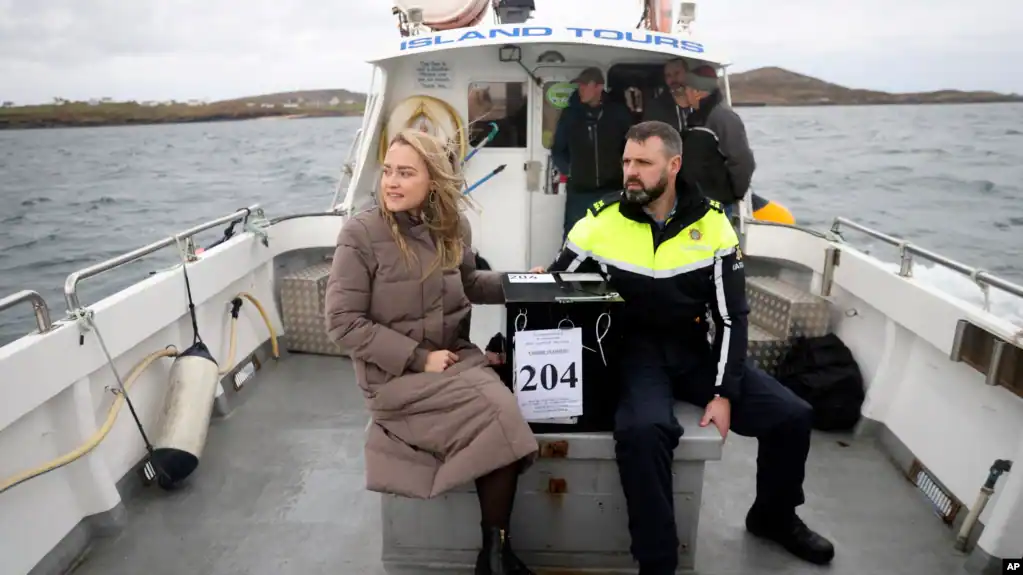Ireland’s local elections in June 2024 marked a significant step forward for diversity and inclusion in politics. For the first time, over 20 councillors from migrant backgrounds were elected. This is a historic achievement and a major improvement compared to 2019, when only nine migrant councillors were elected, with three more later added through co-option. This increase shows that more migrant communities are stepping into leadership roles and gaining representation.
The elections also saw a big rise in participation. In 2024, over 120 candidates from migrant backgrounds ran for local office, more than double the 53 candidates in 2019. However, despite this progress, there is still a long way to go. Migrants now make up just 2.2% of local councillors, which is much lower than their 15% share of Ireland’s population, as reported in the 2024 census.
Ireland’s electoral system is known for being inclusive. It allows all adult residents, no matter their nationality, to vote and run in local elections. However, having the right to participate does not always lead to fair representation. Migrant communities still face many challenges, such as a lack of resources, limited connections in political networks, and societal prejudices. These obstacles make it harder for migrants to participate fully in the political process.
This achievement highlights the importance of continuing efforts to remove barriers and support greater political inclusion. As Ireland moves forward, the focus remains on bridging the gap between formal voting rights and actual representation. By addressing these challenges, Ireland can ensure that its political system truly reflects its diverse and growing population.

